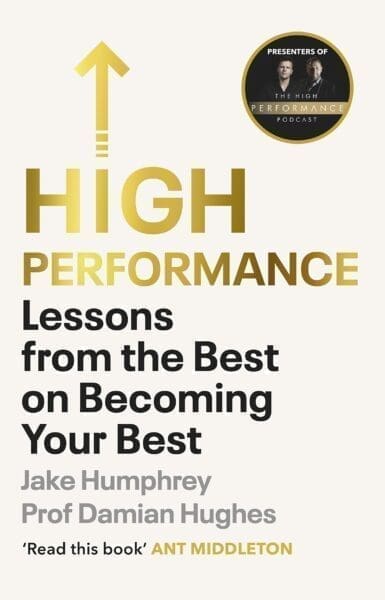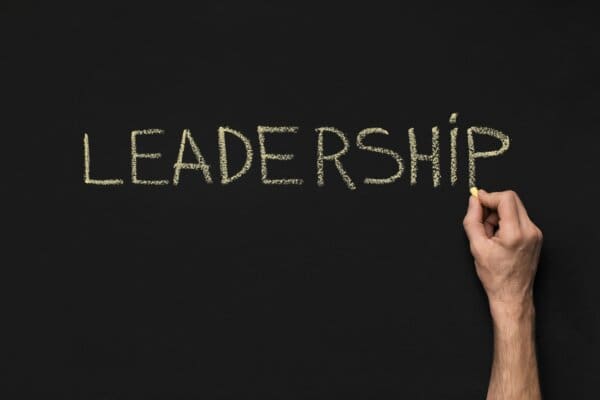Becoming Your Best
Through the last two years on lockdowns, books and podcasts have provided a vital escape. Alongside this, they have provided an opportunity to learn and develop. Working in the field of Learning and Development I am always seeking out useful resources to enhance my knowledge. And to provide helpful tools for team members. I have followed the High Performance Podcast for a while, and I have appreciated the variety of guest interviews that Jake Humphreys and Professor Damian Hughes have each podcast.
From professional athletes to CEOs, entrepreneurs and adventurers, it makes for insightful and meaningful conversations. And all are focused around how they have managed to be high performers achieving incredible levels of success in their field.
High Performance Book
When they released their book, I knew I needed to read it. I have several books on High Performance because, part of my work requires the design and delivery of high-performance team and leadership programmes. Sometimes I find High Performance books can be in-depth with theory, making them less accessible to someone that isn’t of a theorist style of learning.
But, I found “High Performance, Lessons from the Best on Becoming Your Best” a very accessible book because of how it is written.
The book is broken down into three sections, within each section, there are three lessons:
High Performance Mindset Lessons
- 1: Take Responsibility.
- 2: Get Motivated.
- 3: Manager your Emotions.
High Performance Behaviour Lessons
- 4: Play to your strengths.
- 5: Get Flexible.
- 6: Find your non-negotiable.
Sticky Learning ® is 7 times more effective than 1-day training courses. Plus, you will get a Chain of Evidence proving your Return on Investment. Discover soft skills training that changes behaviours long term.

High Performance Teams Lessons
- 7: Lead the Team.
- 8: Craft a culture.
- Conclusion: The Courage to Perform.

Each lesson contains the real-life stories of high performing individuals who have been interviewed on the podcast. These individuals explain how they have achieved their success, with raw honesty. Many describe the times they failed, and how failure was a pivotal moment on their journey to succeeding. The book highlights how success and high performance are not always the linear journey people looking from the outside in may think it is. And, the book is filled with examples of inspiring stories such as:
- Ben Francis the CEO and founder of Gym Shark describing how he had to step down from CEO in order to develop the skills to become the CEO the company needed in the future.
- Kelly Holmes describes how losing a race was the moment she learned she needed to do things differently resulting in her becoming an Olympic Champion.
- Steven Bartlett describes how in school he wasn’t academic, but he discovered the skill to spot what people wanted. Then, he used this skill to become a multimillionaire CEO by the time he was 28.
Final Thoughts
Throughout the book, there are high performance pit stops laying out practical activities you can do to put some of the ideas described in the book into action. For example, reflecting on how you manage your time and how to become better at it.

Finally, the style of the book is accessible because it balances theory with real-life stories. And also gives practical tools to apply high performance to your life and your teams. This book is a brilliant resource and one I will be signposting to leaders in order to introduce them to high performance and how to apply.




